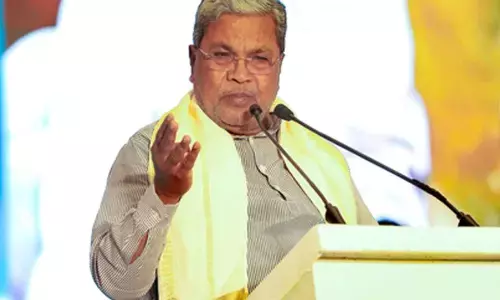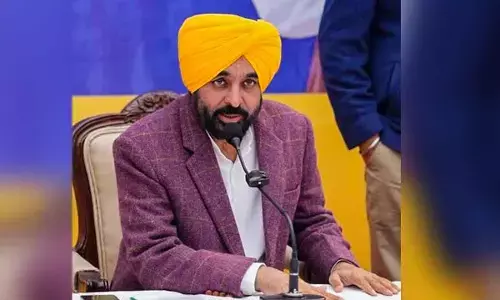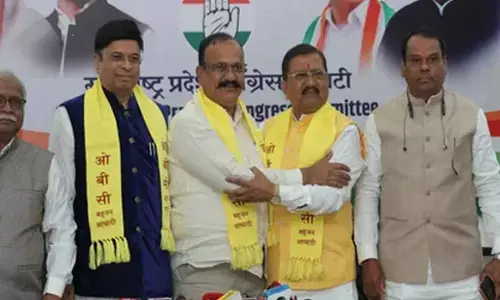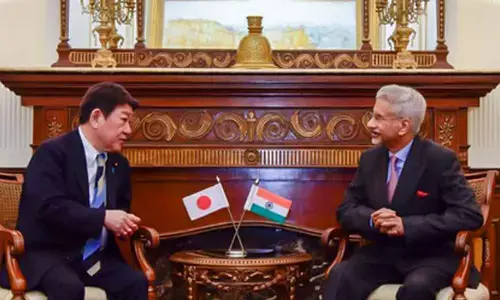CEOs of Facebook, Twitter, and Google Divided on Section 230 Reform
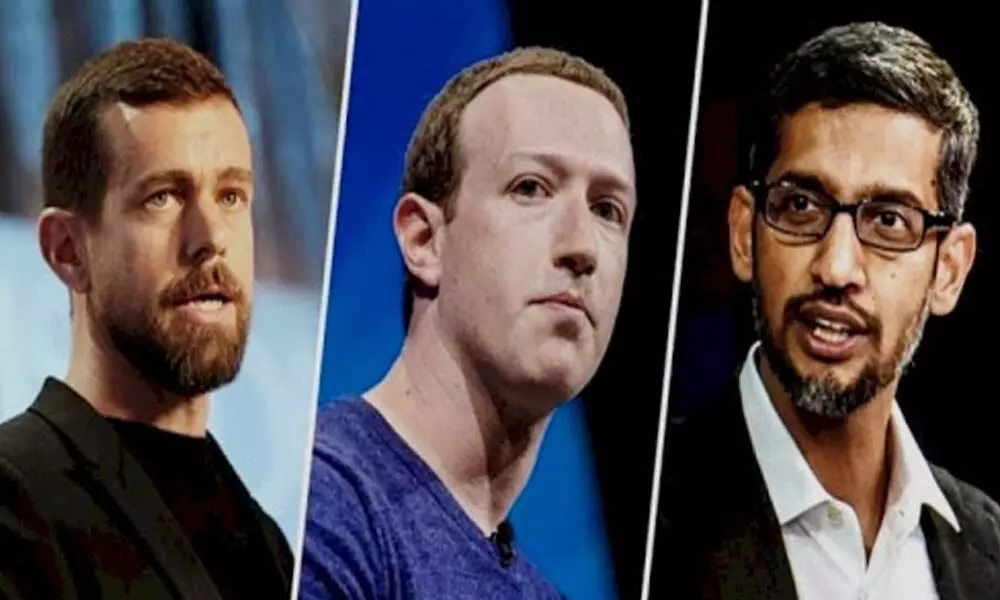
CEOs of Facebook, Twitter, and Google Divided on Section 230 Reform
Zuckerberg, Pichai and Dorsey will testify before the US House of Representatives Committee on Energy and Commerce about the spreading of misinformation and online disinformation online following the Jan.6 riots on Capitol Hill.
Facebook Inc. CEO Mark Zuckerberg supports reforming a decades-old US law limiting social media companies' liability for their users' content post online. At the same time, Google's Pichai was reluctant to any change in the legal shield.
In testimony prepared before a House hearing Thursday, Zuckerberg called for liability protection for Internet platforms to be conditioned on having systems to identify and remove illegal material.
Zuckerberg will tell congressional representatives that Section 230 of the Communications Decency Act of 1996 "would benefit from thoughtful changes to make it work better for people, but identifying a way forward is challenging given the chorus of people arguing -- sometimes for contradictory reasons -- that the law is doing more harm than good."
He added that platforms "should not be held liable if a particular piece of content evades its detection -- that would be impractical for platforms with billions of posts per day." Under Zuckerberg's proposal, a third party would determine whether its systems can handle the load.
Sundar Pichai, Google CEO of Alphabet Inc., said he was opposed to any law change. Reforming or repealing it entirely "would have unintended consequences -- harming both free expression and the ability of platforms to take responsible action to protect users in the face of constantly evolving challenges," Pichai said in prepared remarks from him.
Instead, Pichai wants companies to focus on "developing content policies that are clear and accessible," such as notifying users if their work is removed and providing them with ways to appeal such decisions.
Twitter Inc. CEO Jack Dorsey defended its handling of misinformation, including labeling misleading vaccine and election posts. Twitter has permanently banned former President Donald Trump and is seeking comment on how to handle world leaders who violate his rules. At the same time, Facebook awaits a verdict from its oversight board after suspending Trump's account.
Dorsey cautioned that "content moderation in isolation is not scalable, and simply removing content fails to meet the challenges of the modern Internet." Twitter is experimenting with new approaches to police speech from online crowdsources, including a project called Birdwatch, which would allow users to add misleading or inaccurate notes to tweets.
"Every day, millions of people around the world Tweet hundreds of millions of Tweets, with one set of rules that applies to everyone and every Tweet," Dorsey said. "We built our policies primarily around the promotion and protection of three fundamental human rights -- freedom of expression, safety, and privacy."
Zuckerberg, Pichai and Dorsey will testify before the US House of Representatives Committee on Energy and Commerce about the spreading of misinformation and misinformation online following the Jan.6 riots on Capitol Hill.
Politicians on both sides of the aisle have challenged Section 230 in recent years. Republicans, with little evidence, have said that the websites have suppressed the conservative discourse, while Democrats blame them for the avalanche of misinformation.








